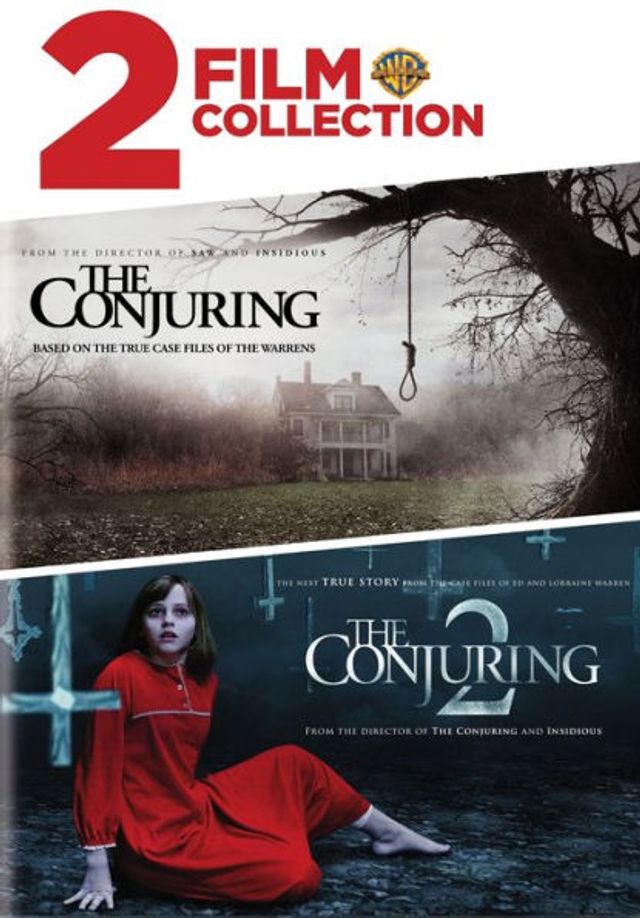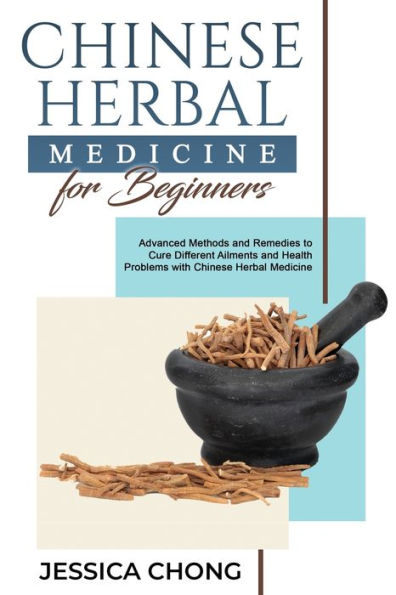Home
A History of Herbalism: Cure, Cook and Conjure
Barnes and Noble
A History of Herbalism: Cure, Cook and Conjure
Current price: $34.95


Barnes and Noble
A History of Herbalism: Cure, Cook and Conjure
Current price: $34.95
Size: Hardcover
Loading Inventory...
*Product information may vary - to confirm product availability, pricing, shipping and return information please contact Barnes and Noble
Food historian Emma Kay tells the story of our centuries-old relationship with herbs. From herbalists of old to contemporary cooking, this book reveals the magical and medicinal properties of your favorite plants in colorful, compelling detail.At one time, every village in Britain had a herbalist.
A History of Herbalism
investigates the lives of women and men who used herbs to administer treatment and knew the benefit of each. Meet Dr Richard Shephard of Preston, who cultivated angelica on his estate in the eighteenth century for the sick and injured; or Nicholas Culpeper, a botanist who catalogued the pharmaceutical benefits of herbs for early literary society.But herbs were not only medicinal. Countless cultures and beliefs as far back as prehistoric times incorporated herbs into their practices: paganism, witchcraft, religion and even astrology. Take a walk through a medieval "physick" garden, or Early Britain, and learn the ancient rituals to fend off evil powers, protect or bewitch or even attract a lover.The wake of modern medicine saw a shift away from herbal treatments, with rituals and spells shrouded with superstition as the years wore on. The author reveals how herbs became more culinary rather than medicinal including accounts of recent trends for herbal remedies as lockdown and the pandemic leads us to focus more on our health and wellbeing.
A History of Herbalism
investigates the lives of women and men who used herbs to administer treatment and knew the benefit of each. Meet Dr Richard Shephard of Preston, who cultivated angelica on his estate in the eighteenth century for the sick and injured; or Nicholas Culpeper, a botanist who catalogued the pharmaceutical benefits of herbs for early literary society.But herbs were not only medicinal. Countless cultures and beliefs as far back as prehistoric times incorporated herbs into their practices: paganism, witchcraft, religion and even astrology. Take a walk through a medieval "physick" garden, or Early Britain, and learn the ancient rituals to fend off evil powers, protect or bewitch or even attract a lover.The wake of modern medicine saw a shift away from herbal treatments, with rituals and spells shrouded with superstition as the years wore on. The author reveals how herbs became more culinary rather than medicinal including accounts of recent trends for herbal remedies as lockdown and the pandemic leads us to focus more on our health and wellbeing.


















